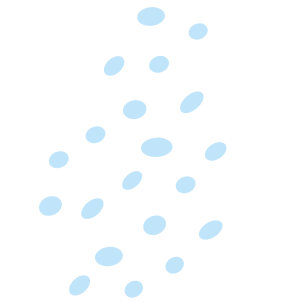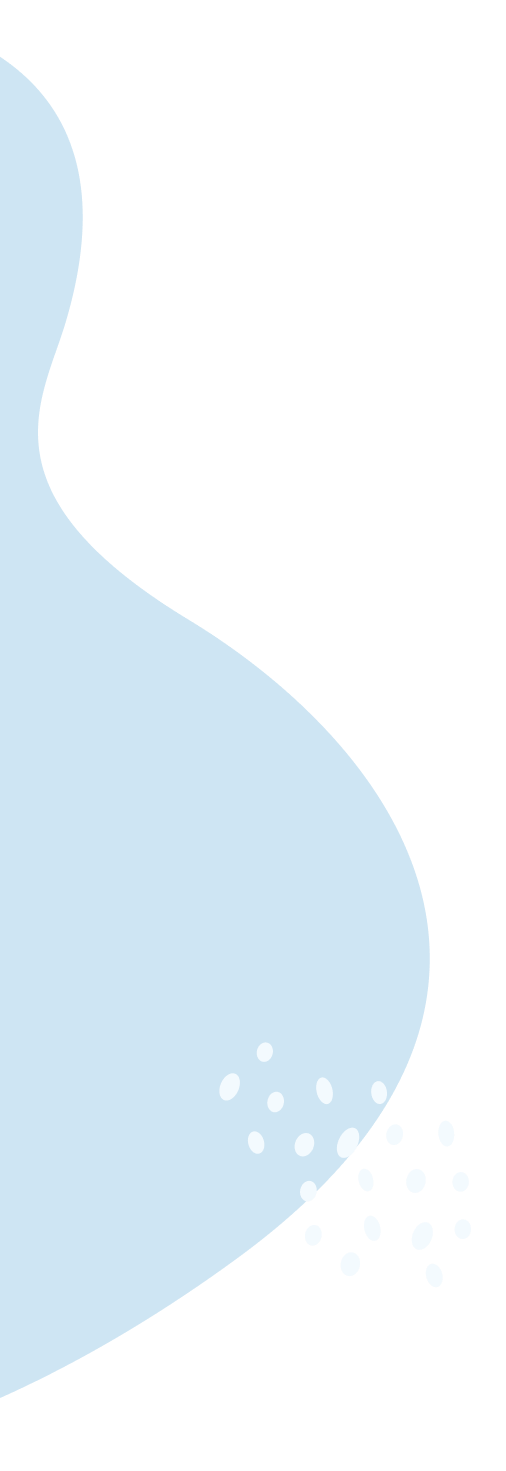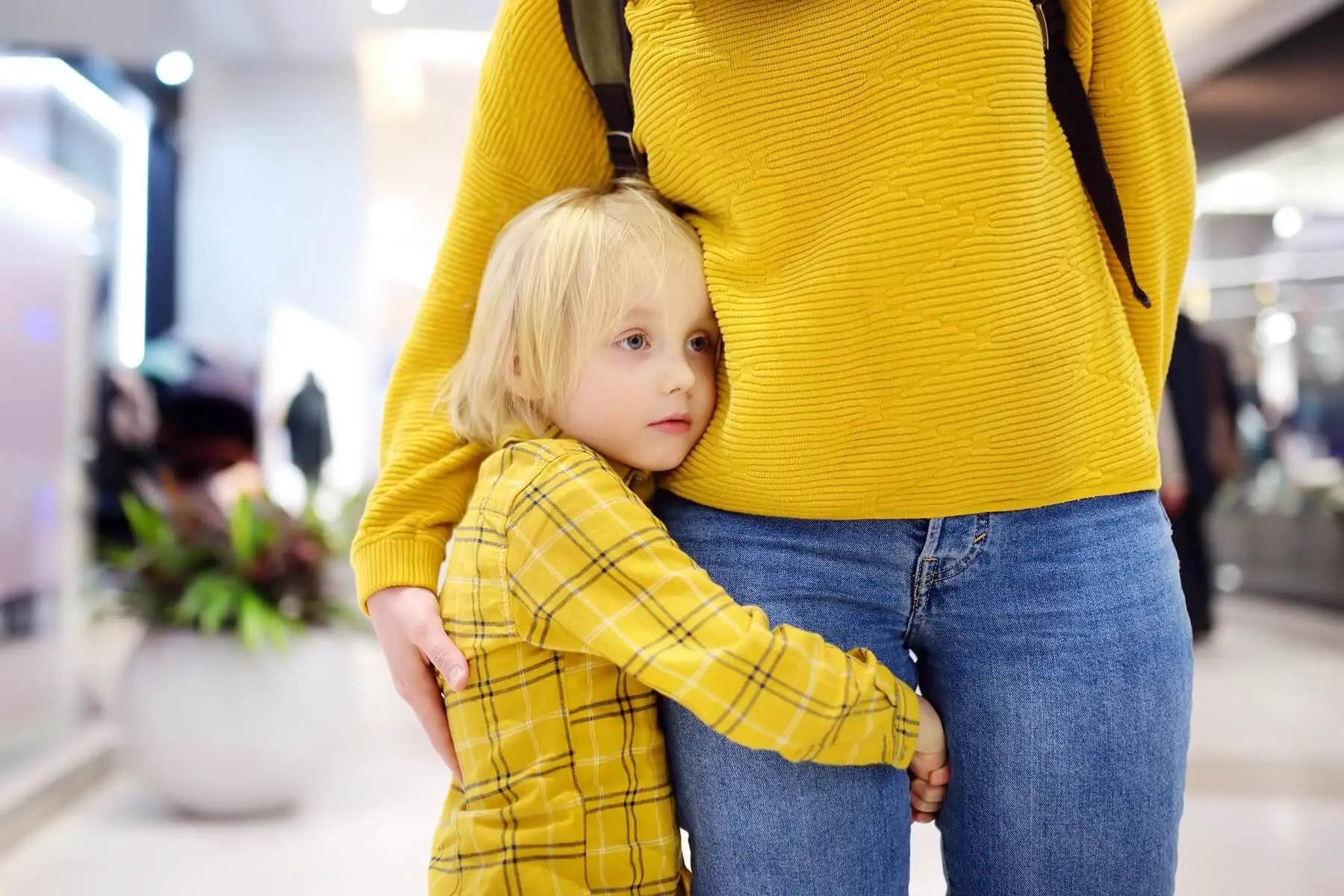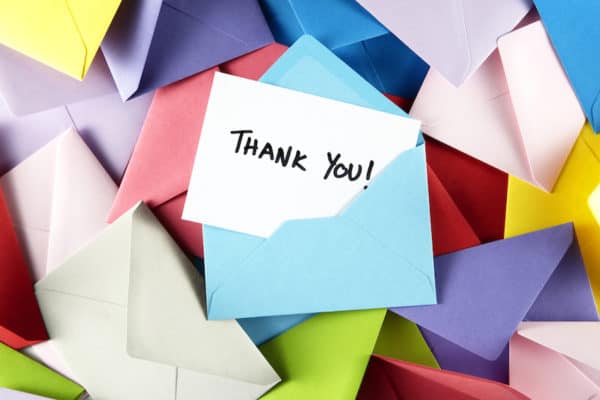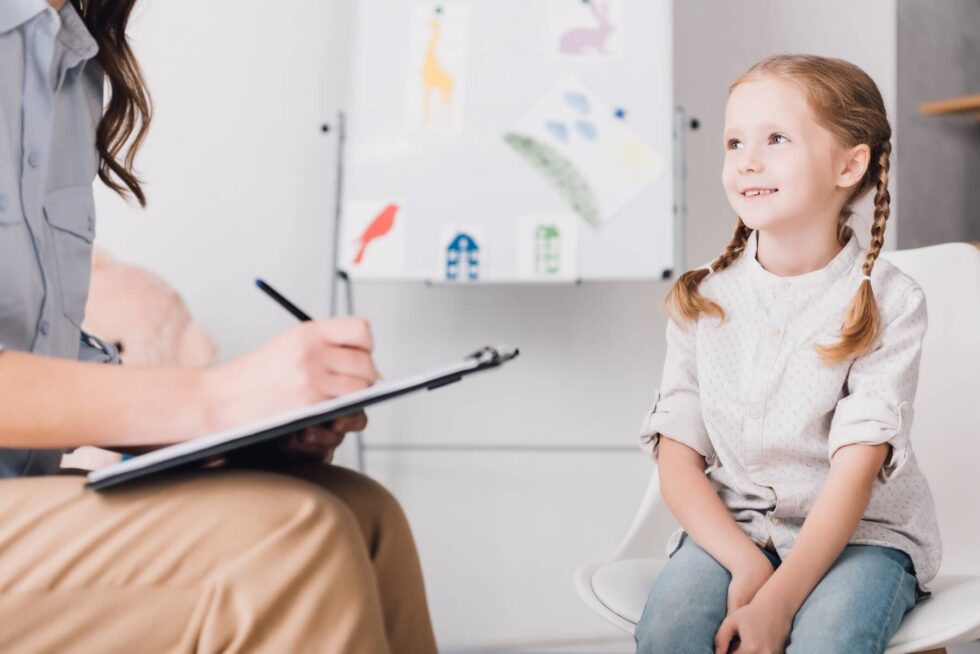Meet Jamie Edmondson, M.Ed., Ed.S and Clinical Counselor at Kids Count, a nonprofit organization that provides a free after school program for kindergarten through 3rd-grade students in low performing elementary schools in Gainesville, Florida. Jamie sat down with me to share her Mightier journey and how Mightier has impacted the youth she works with.
Emily: What can you tell us about Kids Count and what you do?
Jamie: Kids Count is on the East side of Gainesville which is where there is less access to counselors and therapists and we serve kids who attend the three lower-income, under-resourced, and at-promise schools in our county. With that, 100% of our children and families are at least 150% or more below the poverty line and about 76% of our kiddos have experienced at least 1 incidence of trauma. In terms of demographics, 98.6% of our students are black identified and the remaining percent are Latinx. Right now, we have 77 kids enrolled in our program.
Kids Count originally was created to help close the gap in literacy. But what I think you won’t be surprised with, and I’m not surprised about is that they quickly learned that in order to be able to address the stuff that’s higher up on that hierarchy of needs that they needed to address the ground floor.
“If they’re in trauma mode, if they’re in fight, flight, or freeze for most of their day, how are they going to be able to take in this knowledge and these tools that we’re trying to give them for their academics?”
And so the question then was, ‘In order to be able to do what we want to do as Kids Count academically, how do we support them holistically, so that they can use the tools we give them?’ and so with that came the idea that we need a counselor. So that’s where I came in.
Emily: How has your work shifted since the pandemic?
Jamie: We usually do just an afterschool program but since the pandemic, we have become a full day, wrap-around place for kids to come and learn. When we were at the peak of the pandemic, we had about 35 or 40 kids because we were trying to figure out how to do digital schooling. So we kind of started small and then layer by layer by bringing more of our kids that were already in our program.
It was hard to prioritize who it is that got to come in, especially when it’s in the best interest of everyone to move slower to ensure safety. But then you’re also thinking, ‘Some of our kids who are home, are they eating?’ It’s just all the questions that you go through when trying to help as many kids as possible. A lot of the work since the pandemic has also been empowering families and helping families with resources, even if they weren’t able to attend in person at that time.
Emily: How did you hear about Mightier?
Jamie: I started using Mightier for my own 8-year-old son who needed some extra resources. Once things got a little bit harder for him at school, he has sensory processing disorder and he needs lots of physical stimulation, I thought ‘I need to, to do something extra to see what can work for him and set him up for success’ and that’s when I pulled the trigger on Mightier and we haven’t gone back.
Emily: How has Mightier helped him?
Jamie: He’s made so much progress. Since the pandemic, I think he plays a little bit less just because of the screen time. But I was thinking about this the other day, I still see him doing the things that he learned. You can see how much of an impact it has had on him. The other day he created a video game thing and he had me play it. And I get very frustrated if I’m not good at a video game. I kept dying on this level and he goes, ‘Mommy, you have to stop, and you have to take a deep breath, and then you’ll be able to do it.’ And so you know, I did it and then I passed the level. He is now in a space where he’s very aware of what he and others need. And so it’s been a lasting impact on him.
Emily: I know you have had such a great experience with Mightier your own family, how did you integrate Mightier into your work at Kids Count?
Jamie: I wanted to see how Mightier would work with kids at Kids Count, who are all at-promise in some way. They range in diagnoses and behavior and a lot of the kids have externalizing behaviors who I thought Mightier would be helpful for. It was a slow ramp-up and a lot of concern around cleaning it with the pandemic. Someone always had to hunt down the wipes while they would also be dealing with 17 breakdowns happening around, so that was slow. But I feel like once we got the hang of it and then especially once we got the donation of 4 or so more tablets from families in the Mightier Community, which was so unexpected, we are all set and every classroom has one and we do not have to worry anymore about when kids get to play which has been great. It has been great to see from start to finish the growth of using Mightier and helping to find kids who need it more. They all love to play it.
Emily: How have the kids been doing with Mightier? Has it been helpful?
Jamie: I have adapted a few social-emotional learning (SEL) scales that the staff at Kids Count fill out for the kids they work with. The staff fill these out every 6 weeks for all the kids in the program. In the last 6 week period, we have seen an almost 10% increase in emotional self-regulation and a 9.2% increase in emotional self-regulation specifically around anger and explosive tendencies. These are the ones I know off the top of my head at least, there are more changes as well!
Emily: That is so great. You all are doing such great work. One final question, what has been your favorite part of using Mightier at Kids Count?
Jamie: The increase in self-awareness. There are kids that really need Mightier and really enjoy Mightier, and they know when they need mightier. It is really great seeing how self-aware they are. Because if you think about it, of course, games are fun, and kids like games. But if they had a choice between Mightier and a game where they didn’t have to learn how to self regulate, they would probably choose the other one, just because it’s easy. And so the fact that they’re specifically requesting Mightier, it’s just really sweet to me because they’re developing this self-awareness that this is something that I want to work on, even if it’s not fully conscious.



